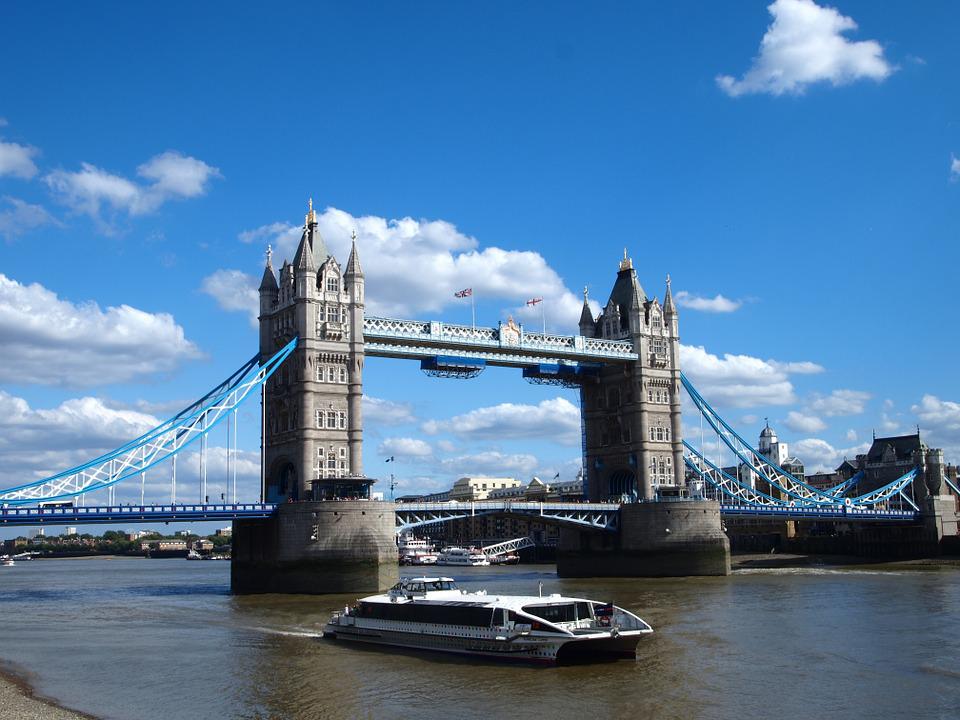The situation in the UK after the Covid-19 lockdown

The UK government would fully unblock on July 19, 2021, which meant that all social bans and mandatory wearing of masks would be lifted. Bars and nightclubs would also reopen. It had been a while since the opening. Let’s got more about the current situation of the local epidemic.
Unexpectedly, the number of confirmed cases in the UK did not rise in the first week of the unblocking. However, the number of deaths had increased inversely. In response to this phenomenon, Professor Neil Ferguson, the UK's chief epidemiologist, said that if the number of cases remains low, it meant that the UK was in a relatively stable period. According to the initial release of the front, everything seemed to be developing in a good direction.
On the contrary, Dr. Aris Katzourakis, who studies virus evolution at the University of Oxford in the United Kingdom, held an objection. He believed that after the unblocking, the United Kingdom would be in a state that is prone to the spread of newly mutated viruses. As the stroking rate gradually increased, the virus also began to evolve a method of evading the immune system, which is commonly known as "immune escape" The strength of the virus is directly proportional to the body's immunity. A virus that could evade the vaccine had emerged, and it would not completely cancel the effect of the vaccine, but gradually weaken the protection that the vaccine can provide. Such a feature was seen in the Delta variant.
According to Jonathan Ball, professor of virology at the University of Nottingham, especially when the virus was still circulating and only some people were immune. This might lead to stimulating the virus to make an immune escape, which was the inevitable result. Among the mutant viruses at this stage, the Beta variant had the strongest immune evasion ability. The professor also said that in the future, the virus is unlikely to have both high transmissibility, immune evasion ability, and severe cases in the fully vaccinated population.
According to data released by Worldometers, the number of confirmed cases and deaths in the UK remained relatively low until early August 2021. At this period, the main confirmed cohort was the 16 to the 24-year-old cohort who were not vaccinated or who only received a single dose of vaccine. However, as the time entered the season of frequent respiratory diseases in autumn and winter, the British government issued relevant measures for epidemic prevention in autumn and winter. Its main purpose was to avoid another lockdown and use a vaccine to fight the new coronavirus. However, the UK did not rule out the possibility of another lockdown when the NHS, the medical system, was significantly affected by the epidemic.
It was worth noting that the severe rate in the UK had been significantly reduced due to the widespread vaccination, but the number of confirmed diagnoses was increasing day by day, even higher than in some European countries, becoming a new hidden danger. The number of confirmed cases on October 21 came to 52,009. The number of confirmed cases in the past three months is already close to that of last winter.
What is the reason causing the high number of diagnoses?
There was a saying that the British do not like to wear masks. Current research pointed out that wearing a mask does have a significant effect on reducing the spread of the virus, but this did not mean that countries without masks would have a higher number of confirmed cases, and countries with mask regulations will have fewer confirmed cases.
One theory was that the protective power of the vaccine was decreasing. A study based on the results of the COVID-19 test of the vaccinated people found that the protection power of the vaccine against infection with the new crown virus began to decline after five to six months of vaccination. The United Kingdom had also begun to add booster shots to the elderly population. As of mid-October, 3.7 million people in England had completed the third dose of the vaccine. Although the protection of the vaccine would indeed decline after half a year of vaccination, it still had a certain defense against severe cases.
It was also said that the pace of vaccination had begun to slow down. The United Kingdom was one of the first countries to start vaccinating, but the penetration rate had gradually slowed down in recent months. Among countries with a population of more than 1 million, the proportion of the population that had been fully vaccinated has fallen outside the top 10. In the United Kingdom, the situation of children's vaccine injection since September had been significantly poor. So far, only 15% of children had completed one dose.
It could also be said that it had a lot to do with the spread of the constantly mutating virus. As one of the first countries to fully unblock the country, the measures in the UK and the subsequent results would become an important source of information for other countries to refer to.
---
This article is just for sharing. Please advise removing immediately if any infringement is caused.